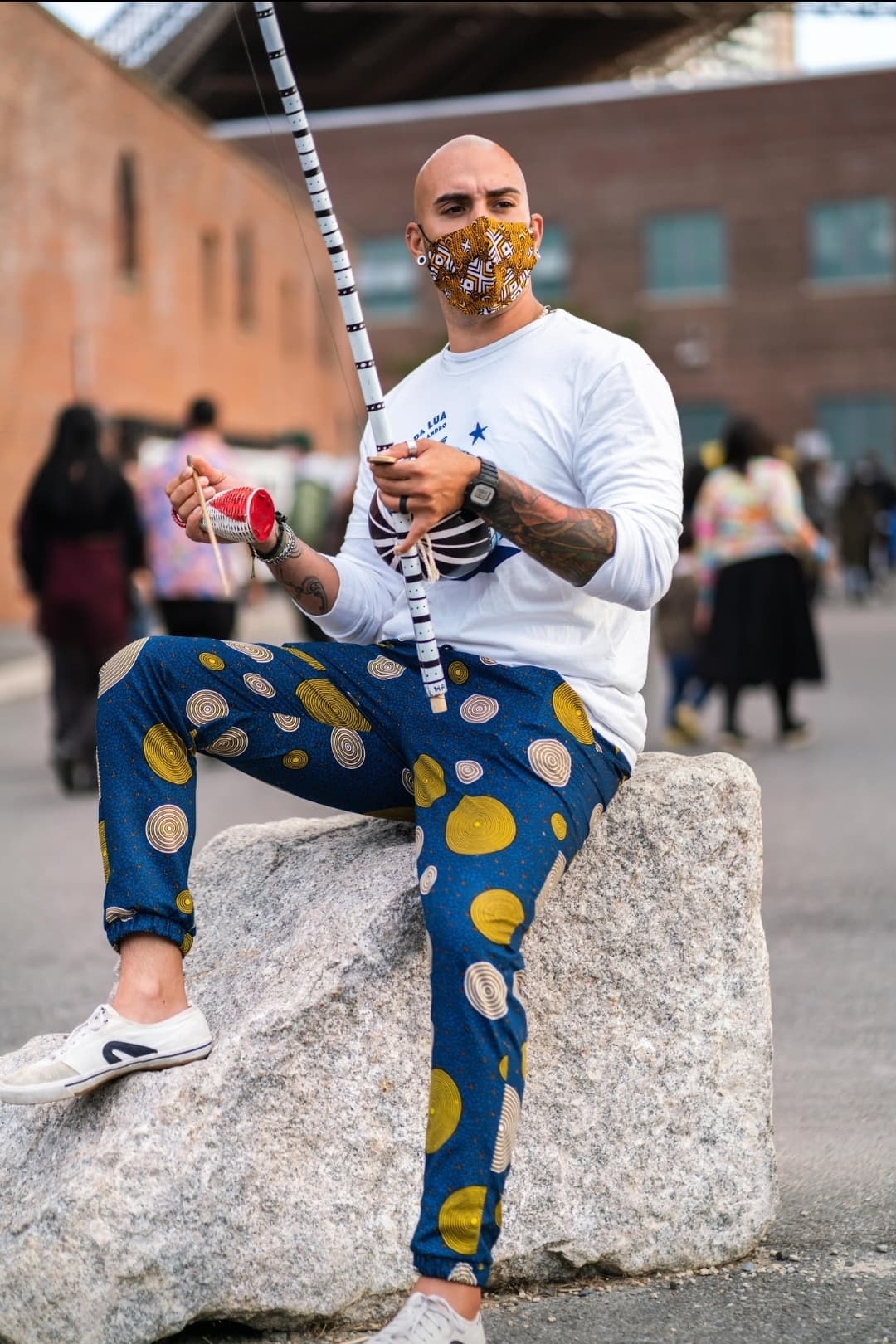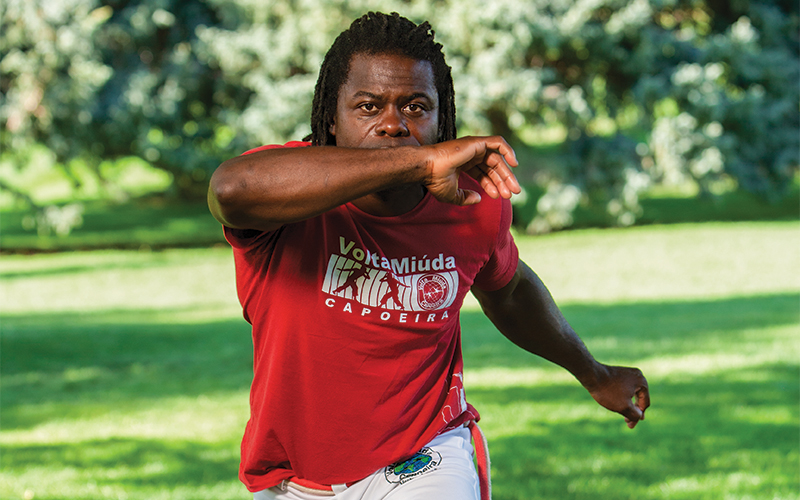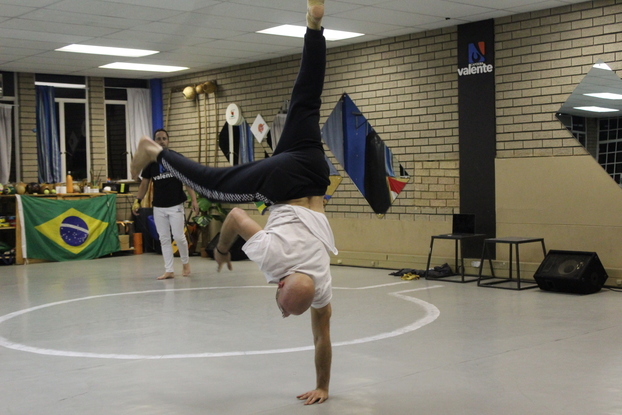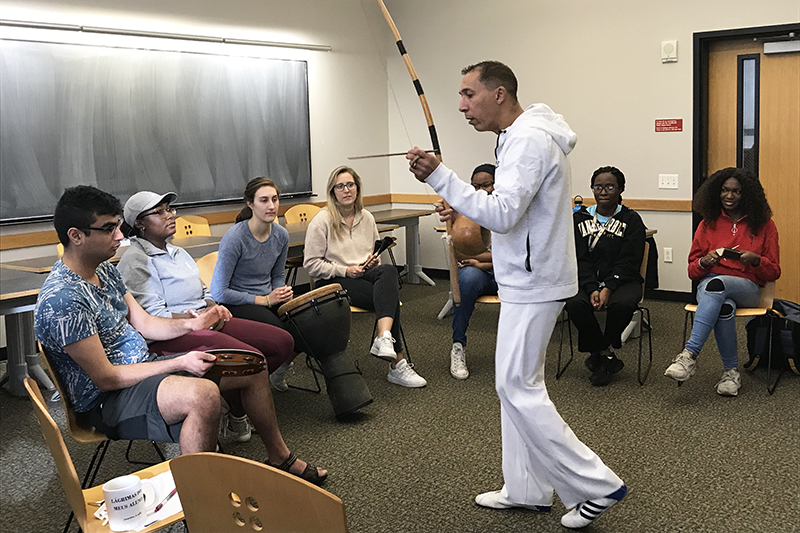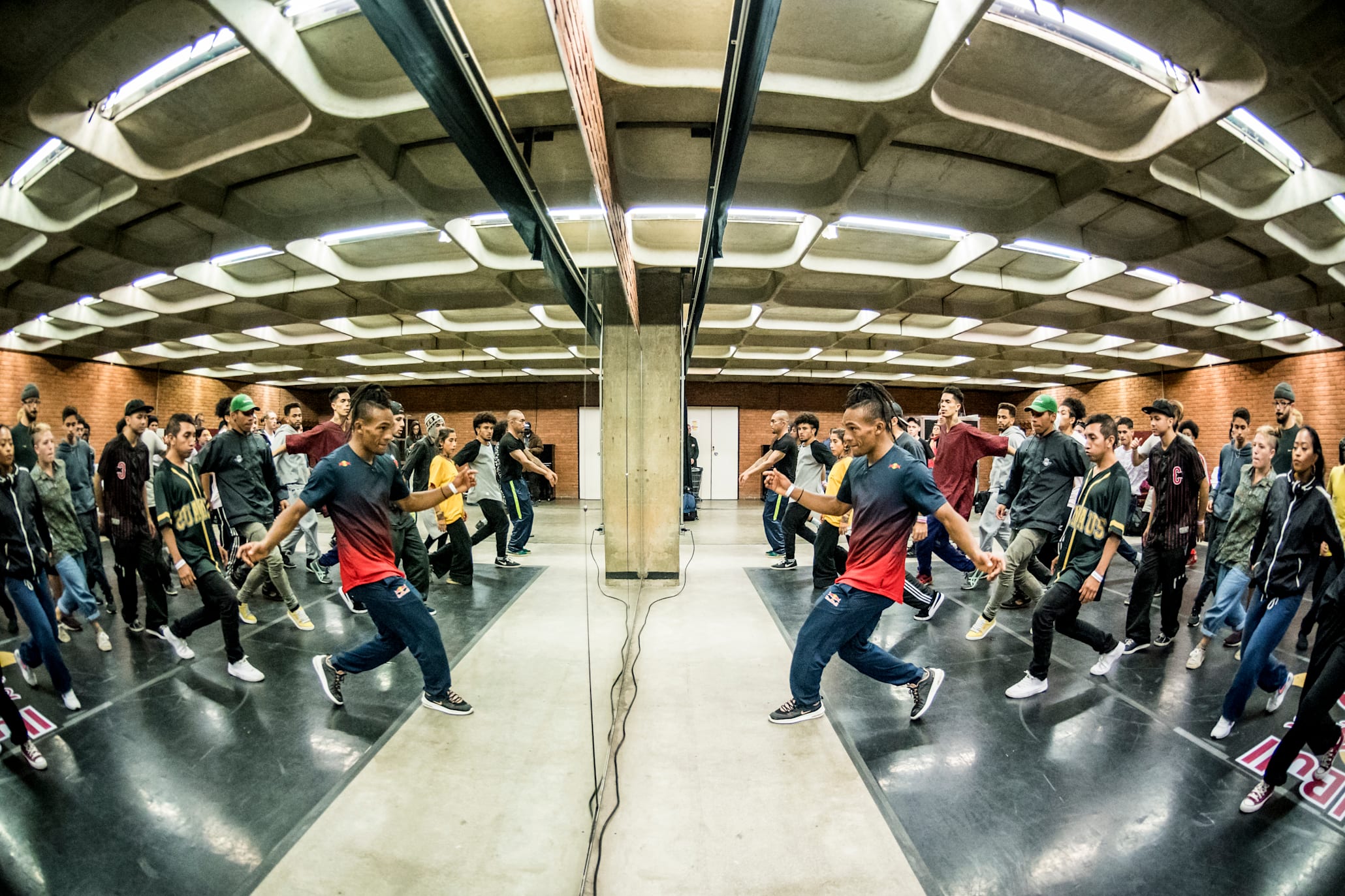
The international media surrounding the Olympics has not been shy about dipping into Rio de Janeiro’s favelas whenever they need to show a different side of Brazil; its controversial social and economic inequality is an easy target. However, the result is often short, inspirational stories highlighting how capoeira helps young people overcome the challenges of the favela (and constantly pointing out that it is not an Olympic sport, despite its cultural importance to the host country).

With the 2016 Olympic Games fast approaching, the culture of Brazil—and especially of Rio de Janeiro—is getting lots of attention. Rocinha’s Acorda-Capoeira, led by Mestre Manel, was recently featured in a Reuters article detailing the mestre’s extraordinary efforts in building a successful capoeira community in one of Rio’s most notorious favelas.
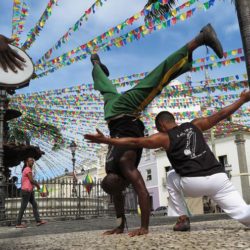
While capoeira’s identity has always had strong roots, it finds its public face constantly changing as the art form adapts to a fast-evolving modern world. Technology, media, and an ever-expanding profile present challenges to the traditions within capoeira and its conservatives, as phenomenons such as the UFC drive more interest to all martial arts—especially ones as visually-pleasing as capoeira.

